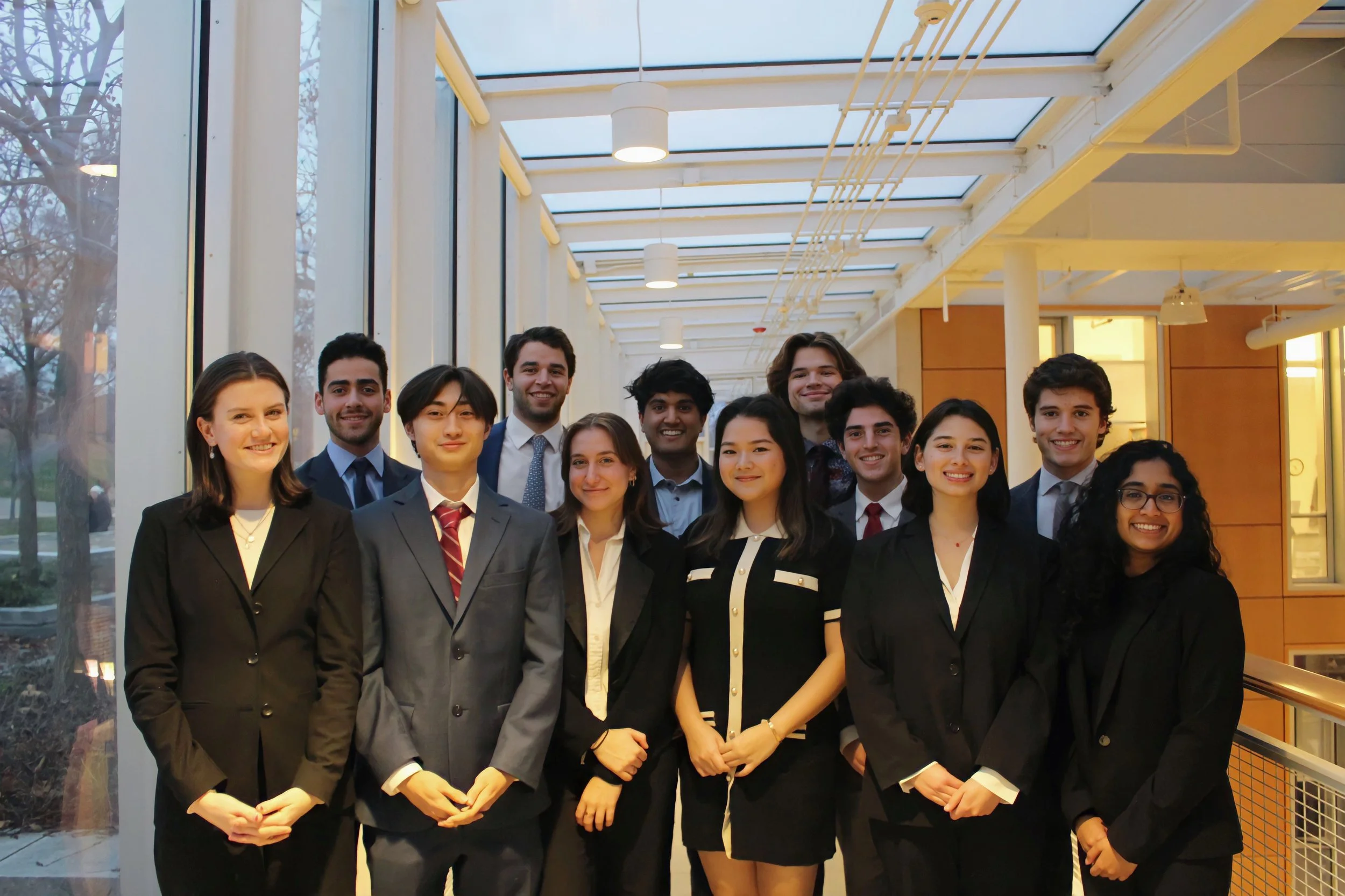Commonly Asked Questions
What We Look For
-
Coffee chat with different members so you can learn more about our club and see how yu can fit in! Also, attend our info sessions and learn more about our past projects along with our goals and missions
-
Yes! We recognize that the application process is competitive, and that your circumstances may change over time. Re-applying is an indicator of continued interest, and will therefore be judged as a positive rather than negative aspect of your application profile.
-
Both the first round and second round interviews will have aspects of all of the above three interview formats. Both interviews will have behavioral questions, market sizing estimations, and formal cases. For more information regarding the different types of interview formats, and how to prepare, please visit the "Interview Guidance" section of this website.
-
Yes! Our members are from a diverse background but all share a love of consulting! Through using resources below and prepping we believe that anyone can be successful!




